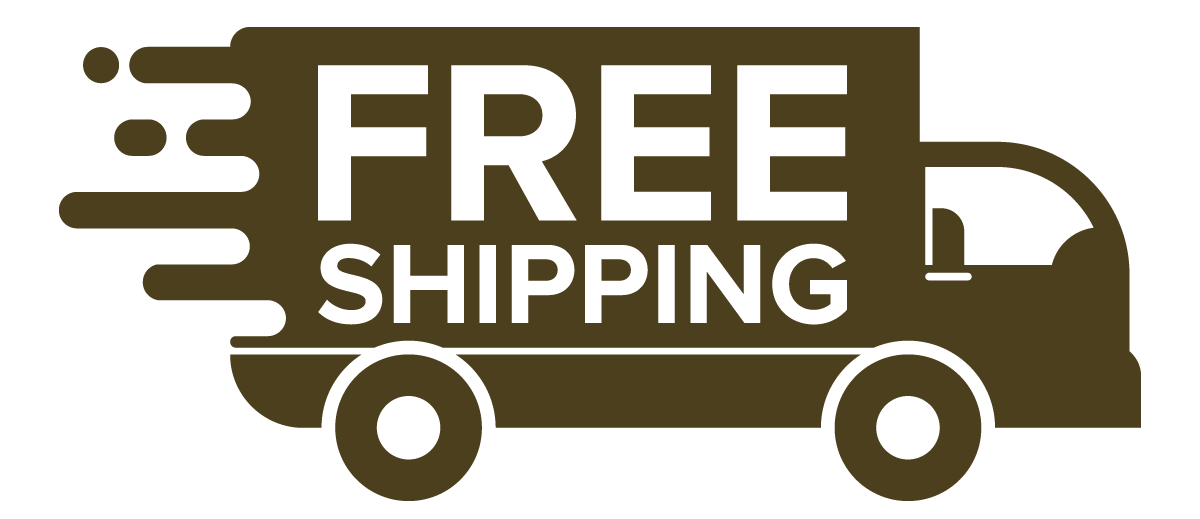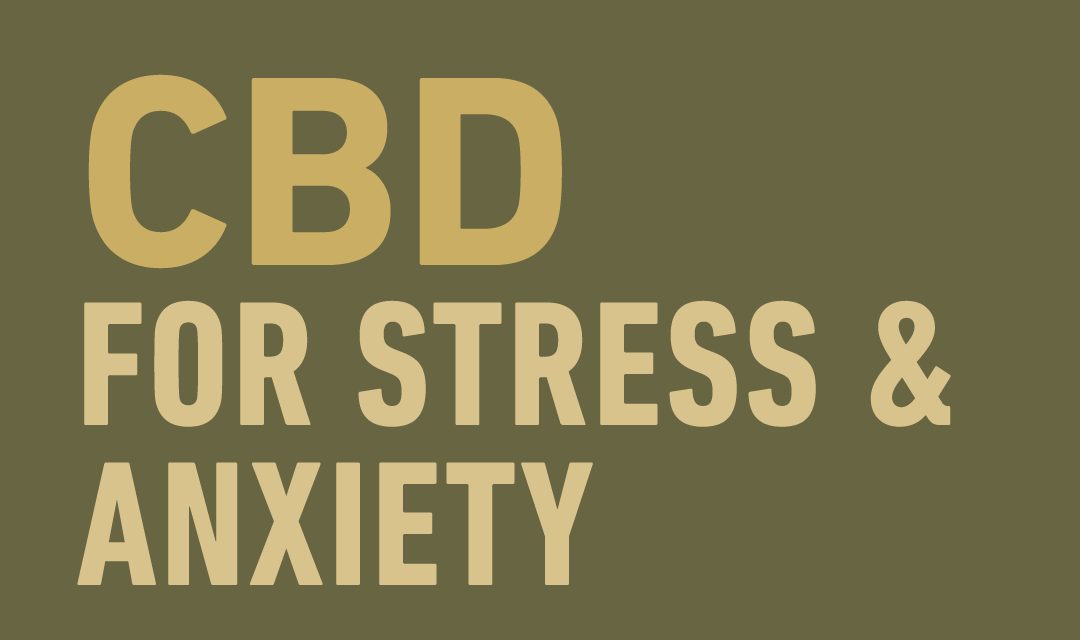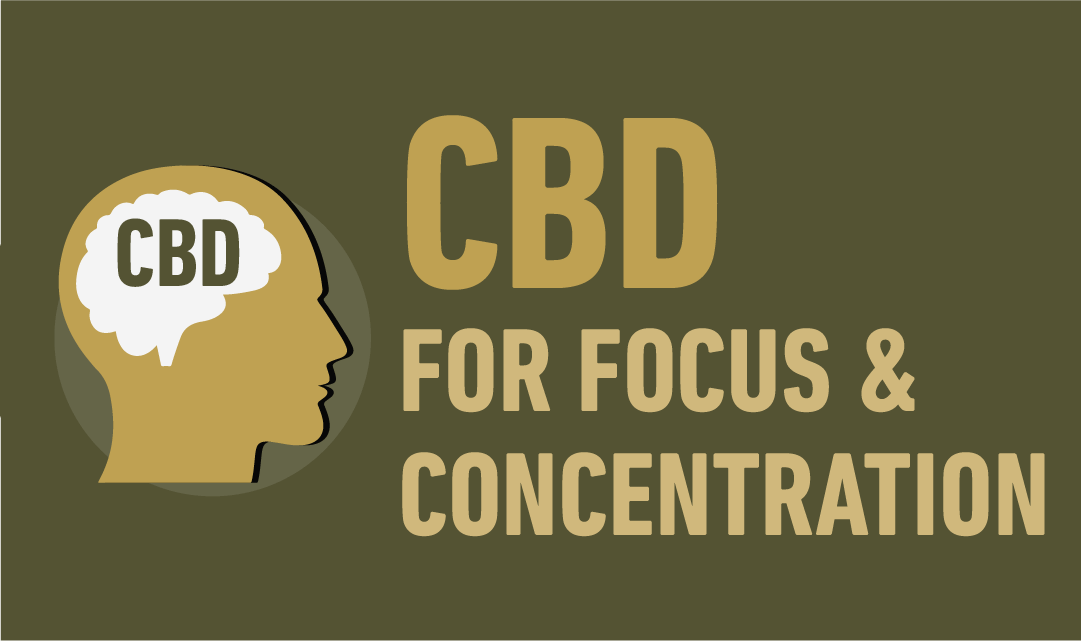
In this piece, we’ll highlight the latest research findings about the use of pharmaceutical-grade cannabidiol (CBD) to treat seizures. To be clear, Innovative Extracts hemp extract tinctures contain CBD and other cannabinoids, but are not pharmaceutical-grade products. With that being said, we want to provide you with the best information possible about cutting-edge research on the topic.
CAN CBD BE USED TO TREAT SEIZURES IN CHILDREN?
Epidiolex, a pharmaceutical-grade form of pure cannabidiol, has been approved to treat three different diseases that cause seizures in children. The medication has been shown in multiple randomized control trials, the gold standard in drug development, to significantly decrease the number of seizures in children affected by Lennox-Gastaut syndrome, Dravet syndrome, and tuberous sclerosis complex. In these studies, children who received Epidiolex had a 17-25% decrease in the number of seizures they experienced. A small percentage of children in each study even became seizure-free on the medication. Importantly, in all of the trials, the medication was used in addition to the children’s other anti-seizure medications, not as a replacement for those medications.
The FDA approval of Epidiolex is very exciting because it marks the first time that cannabidiol was approved to treat a specific medical condition. Researchers are currently looking into whether the medication could be used to treat other forms of seizures or other medical conditions.
CAN CBD BE USED TO TREAT SEIZURES IN ADULTS?
This is still an active area of research, and there is no FDA-approved CBD treatment for seizures in adults. That being said, there were some young adults (ages 18-30 years old) included in one study investigating the effect of pharmaceutical-grade CBD on seizures. In this study, there was about a 33% decrease in overall seizure frequency in people who took Epidiolex in addition to their usual seizure medications. This study was not controlled as well as the randomized trials described above, which makes its results potentially less helpful than others. Overall, this finding is encouraging, but not a definitive answer to the question of whether or not CBD can treat seizures in adults. If you’re considering using CBD to help decrease your own or a loved one’s seizures, we recommend you first have a discussion with your or their doctor about the potential risks and benefits of doing so.
CAN CBD BE USED TO TREAT SEIZURES IN DOGS?
This is still an active area of research. So far, there has been one small randomized control trial investigating the use of CBD to prevent seizures in dogs. In this study, dogs with seizures received 2.5 mg/kg “CBD-infused oil” twice daily for 12 weeks plus their regular anti-seizure medications. The dogs receiving CBD had a 33% decrease in how often they had seizures compared to the dogs that did not receive CBD, a statistically significant result. But, a similar number of dogs in both the control (placebo) and experimental (CBD) group met the study definition of “responders,” a confusing result. It’s not entirely clear why this happened, but it could be that the dose of CBD used wasn’t high enough or that the study wasn’t large enough to detect this difference. Overall, the decrease in seizure frequency is an encouraging result, but there is more work to do to prove the effects of CBD in treating seizures in dogs. If you are considering using CBD to help with your dog’s seizures, we recommend you first have a discussion with your veterinarian about the potential risks and benefits of doing so.
HOW DOES CBD PREVENT SEIZURES?
Scientists are actively working to determine how pharmaceutical-grade CBD prevents seizures. Generally speaking, seizures happen due to overactivation of the parts of the nervous system in the brain, so it is likely that CBD impacts the activity of the nervous system. However, this is an active area of research and it is not clear yet how exactly CBD works to prevent seizures.
WHAT IS THE DIFFERENCE BETWEEN HEMP EXTRACT OIL FROM INNOVATIVE EXTRACTS AND PHARMACEUTICAL-GRADE CBD?
At Innovative Extracts, all of our products are third-party tested to ensure they are of the highest quality. We even publish a breakdown of the various compounds found in our products to give you access to this important information. Additionally, our tinctures are either full spectrum, which includes <0.3% THC, or broad spectrum, which is THC-free. While the main ingredient in both full spectrum and broad spectrum tinctures is cannabidiol, there are also other naturally-occurring phytocannabinoids, terpenes, and flavonoids in them. We believe the cannabinoid profile in our products is superior to others and enhances their effectiveness by allowing the different compounds to work together to achieve the “entourage effect.” Currently, we do not offer a product containing CBD isolate.
Pharmaceutical-grade CBD is pure cannabidiol isolate. Because it is used for a specific medical purpose, it is subject to even stricter regulations from the FDA. The only pharmaceutical-grade CBD on the market is called Epidiolex, which is prescribed by doctors to treat severe forms of childhood epilepsy, described above.
WHAT DOSE OF HEMP EXTRACT OIL SHOULD I USE?
Currently, there is no recommended daily limit for CBD. Finding the right dosage that works for you is more of an art than a science. Our tinctures contain 33 mg CBD per 1ml dropper. A good starting point is to take 3-4 mg per 10 lbs of body weight daily. For example, a 150 lb person would take 45-60 mg per day to start. You can adjust up or down from here depending on your desired results. CBD has been found safe in doses in excess of 1,500 mg/day so experimenting in smaller doses is safe for most people to do.
For more information about dosing, check out CBD dosing post.
ARE THERE SIDE EFFECTS FROM USING HEMP EXTRACT OIL?
We haven’t heard many complaints from customers who use our products regarding side effects, but if you experience any, please let us know! We do know that CBD can interact with the way your body breaks down certain medications, so we think it’s a good idea to have a conversation with your doctor before you start using our products, especially if you have any issues with your liver or if you’ve been told to be careful about the amount of grapefruit juice you drink.
As for pharmaceutical-grade CBD, reported side effects include diarrhea, vomiting, fatigue, fever, and decreased appetite. Some children also experienced abnormalities in their liver function tests.
These statements have not been evaluated by the Food and Drug Administration. This product is not intended to diagnose, treat, cure or prevent any disease. Consult your physician prior to use if you are pregnant, nursing or using other medications.






